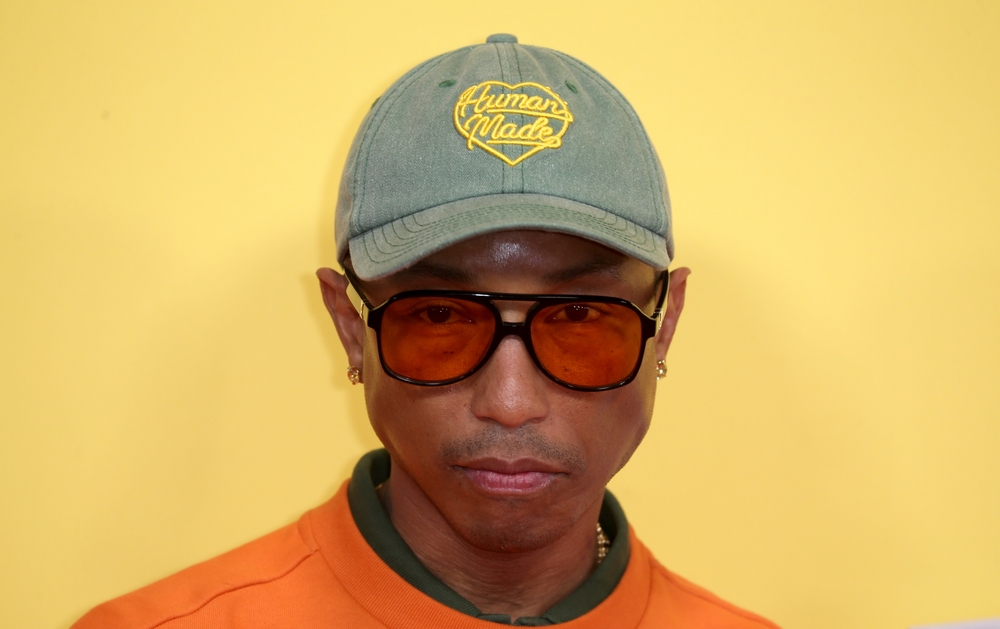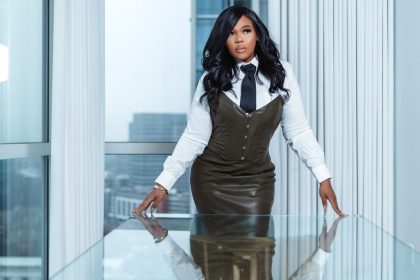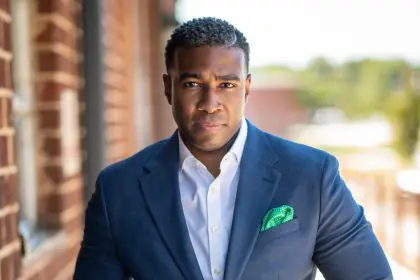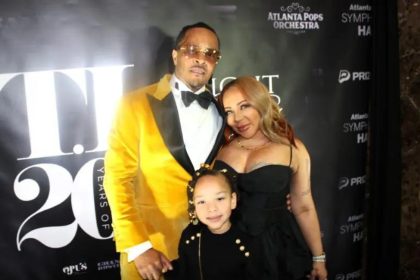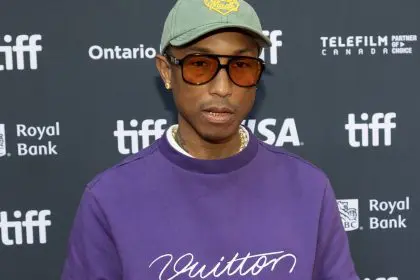Pharrell Williams has initiated a $14 million legal action against online apparel platform Spreadshirt, alleging the company has systematically enabled and profited from counterfeit merchandise bearing his Billionaire Boys Club brand imagery and designs. The lawsuit, filed through BBC Ice Cream LLC, represents a significant escalation in the ongoing battle between authentic streetwear creators and platforms that facilitate unauthorized reproductions of their intellectual property.
The legal action targets Spreadshirt’s business model, which allows independent sellers to upload designs that are then printed, packaged, and shipped directly by the platform. Williams’ legal team contends that this system has been exploited to mass-produce knockoff versions of Billionaire Boys Club merchandise while obscuring the platform’s direct involvement in these potentially illegal transactions.
The case highlights broader challenges facing fashion brands in the digital marketplace, where online platforms can serve as intermediaries for counterfeit operations while maintaining plausible distance from the actual infringement activities occurring on their systems.
White-labeling system conceals platform involvement
The lawsuit alleges that Spreadshirt employs sophisticated methods to distance itself from the sale of unauthorized merchandise while continuing to profit from these transactions. The platform’s white-labeling approach reportedly allows counterfeit sellers to operate under the appearance of independent businesses while relying on Spreadshirt’s production and fulfillment infrastructure.
This business model creates particular challenges for brand owners seeking to combat counterfeiting, as it can be difficult to establish direct liability for platforms that position themselves as passive intermediaries rather than active participants in trademark infringement. The system enables rapid scaling of counterfeit operations while providing legal cover for the facilitating platforms.
Williams’ legal team argues that Spreadshirt’s continued operation of this system, despite awareness of counterfeit activity, demonstrates willful participation in trademark violation rather than passive hosting of user-generated content.
Federal trademark violations drive legal strategy
The complaint outlines multiple federal trademark law violations including counterfeiting, false designation of origin, and ongoing infringement of protected intellectual property. These charges carry both monetary penalties and the potential for injunctive relief that could force fundamental changes to Spreadshirt’s business operations.
Pharrell’s legal strategy seeks not only financial compensation for damages but also court orders that would prevent future infringement and establish precedents for platform accountability in counterfeit merchandise cases. The approach reflects growing awareness among brand owners that monetary settlements alone may be insufficient to address systemic counterfeiting enabled by digital platforms.
The federal trademark framework provides particularly strong protections for established brands like Billionaire Boys Club, which has operated in the streetwear market since 2003 and developed significant consumer recognition and commercial value.
Streetwear industry faces counterfeiting epidemic
The Billionaire Boys Club brand, co-founded by Williams and Japanese designer Nigo, has become a prime target for counterfeiters due to its cultural significance and premium pricing in the streetwear market. The brand’s association with hip-hop culture and celebrity endorsements creates substantial demand that counterfeit operations attempt to exploit through lower-priced imitations.
Counterfeiting poses particular threats to streetwear brands, which often depend on exclusivity and authenticity as core brand values. The proliferation of fake merchandise can undermine consumer confidence while diverting revenue from legitimate operations that invest in design innovation and quality manufacturing.
The cultural impact extends beyond simple economic harm, as counterfeit streetwear can dilute the artistic and social statements that authentic designs are intended to convey within fashion and music communities.
Industry implications for platform accountability
The outcome of Williams’ lawsuit could establish important precedents for how online platforms are held accountable for facilitating counterfeit merchandise sales. Current legal frameworks often provide broad protections for platforms that host user-generated content, but courts are increasingly examining whether active participation in fulfillment and monetization creates greater liability exposure.
The case may influence how other fashion brands approach legal action against platforms that enable counterfeiting, potentially leading to more aggressive enforcement strategies across the industry.

